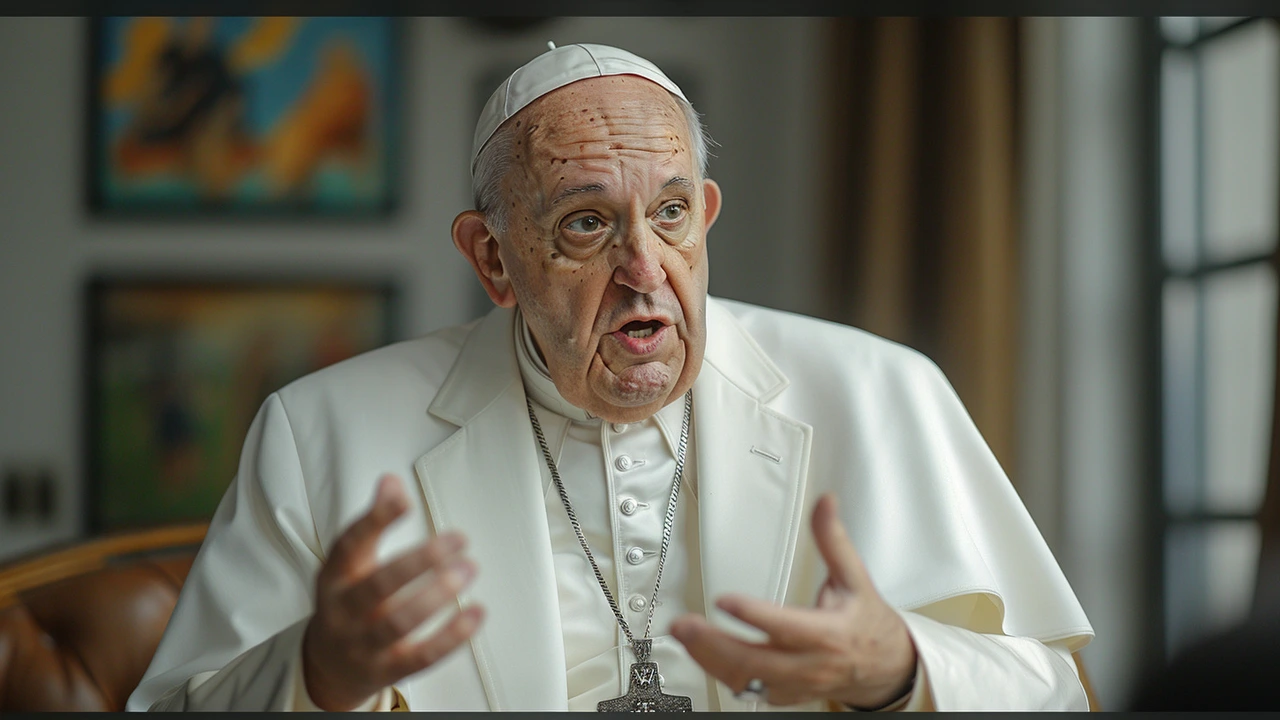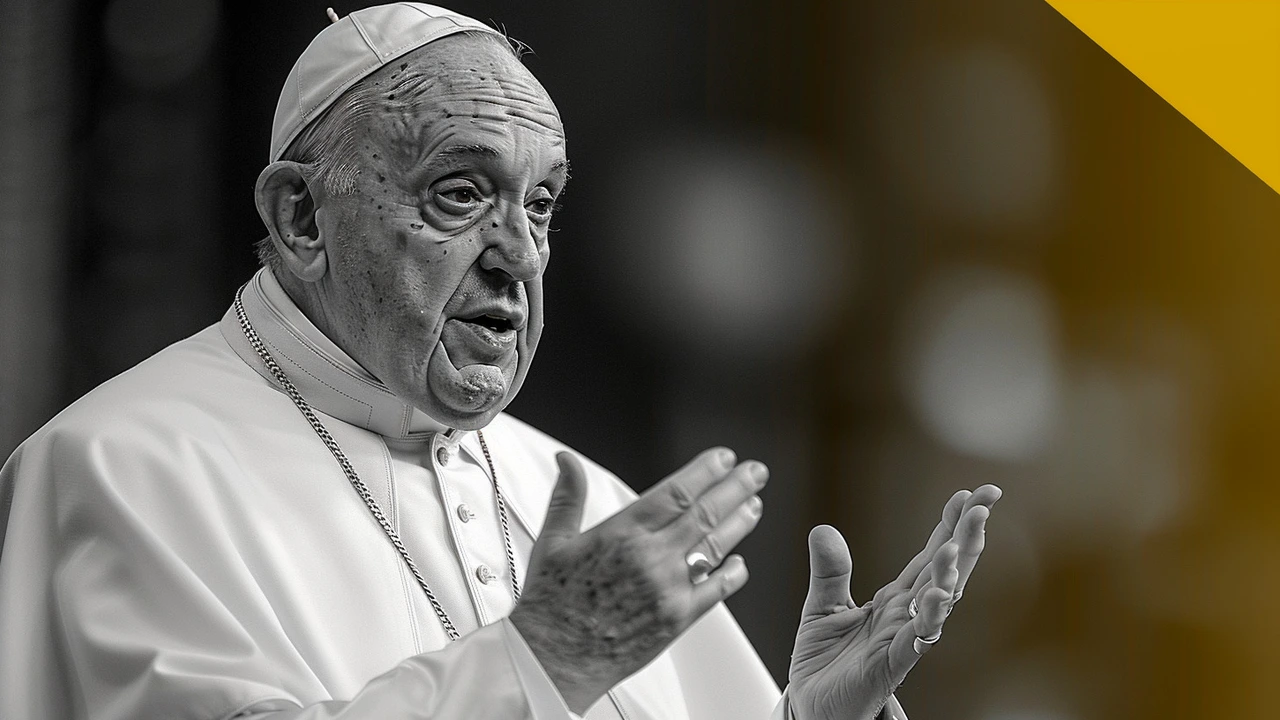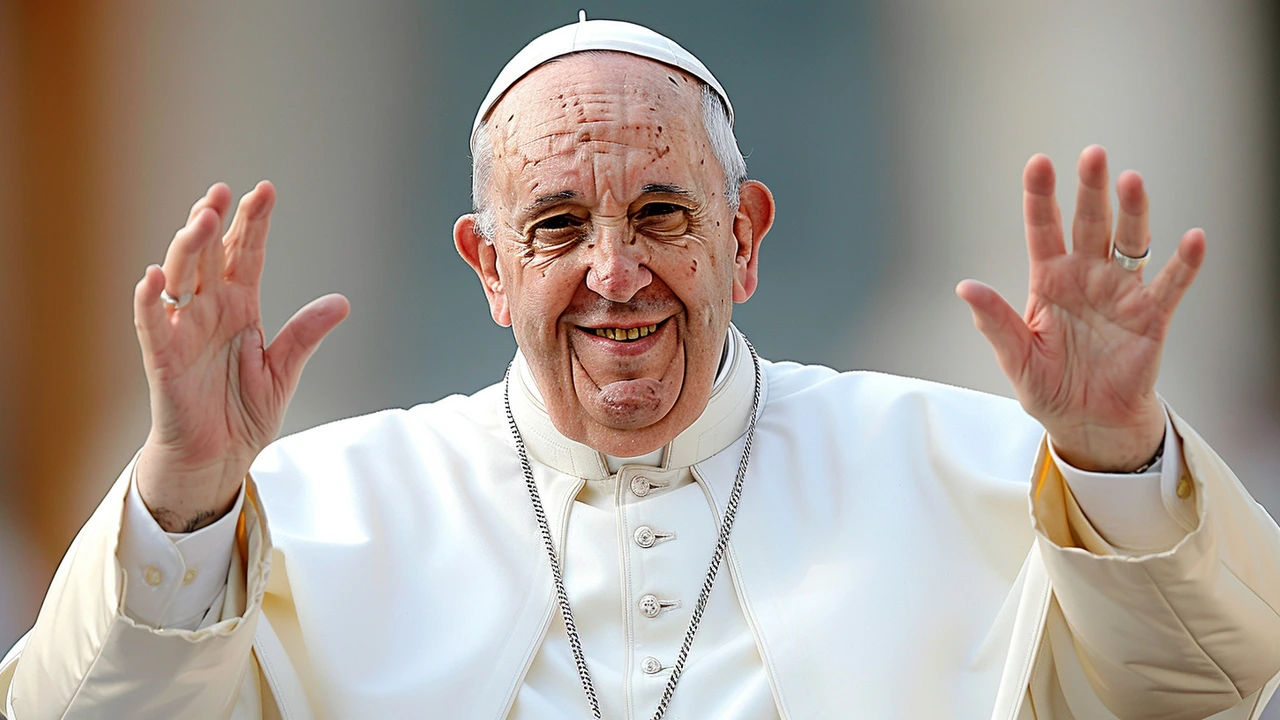Pope Francis Apologizes Amid Controversy Over Alleged Homophobic Slur
29 May, 2024Pope Francis recently found himself at the center of a storm after being reported to have used a homophobic slur during a closed-door meeting with bishops. The incident has sparked widespread debate and concern regarding the Pope’s stance on LGBTQ+ issues, especially given his history of advocating for a more inclusive Church.
Pope Francis’ Apology and Clarification
According to Matteo Bruni, director of the Holy See Press Office, Pope Francis has extended an apology to those offended by his reported words. He underlined that the Pope’s intention was not to harm or alienate any group, reiterating the Church’s commitment to inclusivity. Bruni emphasized that Pope Francis believes that there is a place for everyone in the Church and that nobody should ever feel disposable.
Bruni further clarified that the Pope never intended to express himself in a homophobic manner. For many, this apology was a crucial step in reaffirming the pontiff’s dedication to fostering an environment of love and acceptance within the Catholic Church. Despite the gravity of the situation, it was evident that maintaining a bridge of communication with the LGBTQ+ community remains one of Pope Francis’ core objectives.
The Controversy and Its Origins
The controversy originated from reports alleging that Pope Francis used derogatory language during a discussion at the Italian Bishops’ Conference. The discussion revolved around the sensitive topic of whether gay men could serve as priests while maintaining a vow of celibacy. This issue has been a longstanding point of contention within the Church, and the reported use of a slur by the Pope only seemed to compound the complexities associated with it.
In light of these reports, discussions within the Church and among the public have escalated. Many questioned how such language could still find a place in an institution that preaches love and acceptance. The LGBTQ+ community, in particular, reacted strongly, expressing disappointment and bewilderment over the Pope’s alleged choice of words.

Pope Francis’ Historically Progressive Stance
It is essential to recognize Pope Francis’ broader stance on LGBTQ+ issues to understand the full context of this controversy. Pope Francis is often seen as one of the more progressive leaders of the Catholic Church in recent history. He has made several public gestures that have highlighted his respect and consideration for the LGBTQ+ community.
In a notable instance, Pope Francis expressed support for same-sex civil unions, a statement that distinguished him from many of his predecessors. He asserted that homosexual people have the right to be in a family and called for the creation of civil union laws that can provide legal protection for same-sex couples. This was a groundbreaking moment, indicating a shift towards a more inclusive viewpoint within the Church.
More recently, the Pope spoke out in favor of granting priests the ability to bless same-sex couples under certain circumstances. He specified that these blessings would be for the individuals in the relationships rather than for the relationships themselves. This nuanced approach indicates Pope Francis’ attempt to balance doctrinal adherence with a compassionate approach to individuals regardless of their sexual orientation.
The Broader Impact and Public Reaction
The reports of the Pope using a homophobic slur and his subsequent apology have reverberated far beyond the Vatican’s walls. The incident has reignited discussions about the Catholic Church’s position on LGBTQ+ issues and the challenges it faces in evolving its doctrines to better reflect modern societal values.
Many within the LGBTQ+ community have voiced their opinions, indicating a sense of betrayal and hurt over the Pope’s reported language. Activists and laypeople alike have urged the Church to take significant steps towards ensuring that such incidents do not occur in the future. A considerable section of the faithful believes that addressing and eliminating homophobic language within the Church’s hierarchy is essential for building a truly inclusive religious community.
On the other hand, some conservative factions within the Church continue to resist the inclusion of LGBTQ+ individuals, arguing that the Church should not compromise on its long-standing doctrinal teachings. This internal discord highlights the growing divide within the Church regarding LGBTQ+ inclusivity, reflecting a broader societal debate on the issue.

Future Steps for the Catholic Church
Moving forward, the Catholic Church faces the monumental task of reconciling varying viewpoints within its ranks while striving to maintain its global influence and relevance. As the leader of this vast religious institution, Pope Francis has a pivotal role in steering the Church towards a more inclusive future.
One potential step the Church could take is organizing more forums and dialogues that openly address LGBTQ+ issues. Creating platforms where diverse voices within the Church can engage in constructive conversations may pave the way for more empathetic and informed decision-making. Additionally, implementing educational programs to combat homophobia within the clergy could further solidify the Church’s commitment to inclusivity.
The way the Church handles this incident and its aftermath will be closely watched not only by its 1.2 billion followers but also by the global community. It presents an opportunity for Pope Francis and his administration to reinforce their progressive stance and implement tangible changes that reflect a deeper understanding and respect for all individuals, irrespective of their sexual orientation.
Conclusion
The incident involving Pope Francis' alleged use of a homophobic slur and his subsequent apology has undoubtedly left a significant mark on the discourse surrounding LGBTQ+ inclusivity within the Catholic Church. While the Pope's efforts towards fostering a more inclusive Church are evident, this controversy serves as a stark reminder of the challenges and sensitivities involved in navigating such complex issues. In the face of criticism and division, the Pope's commitment to inclusivity and respect for human dignity remains crucial in shaping the future of the Church and its engagement with the LGBTQ+ community.

 by
by